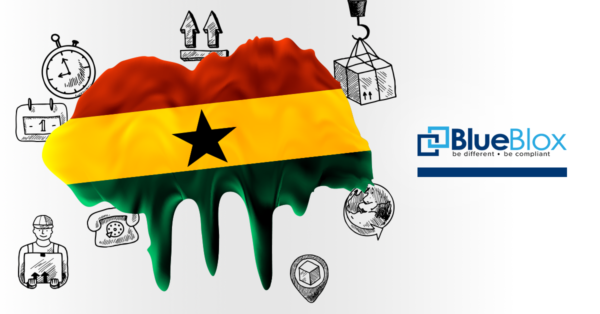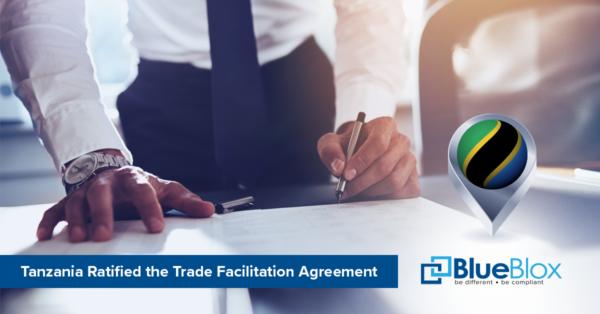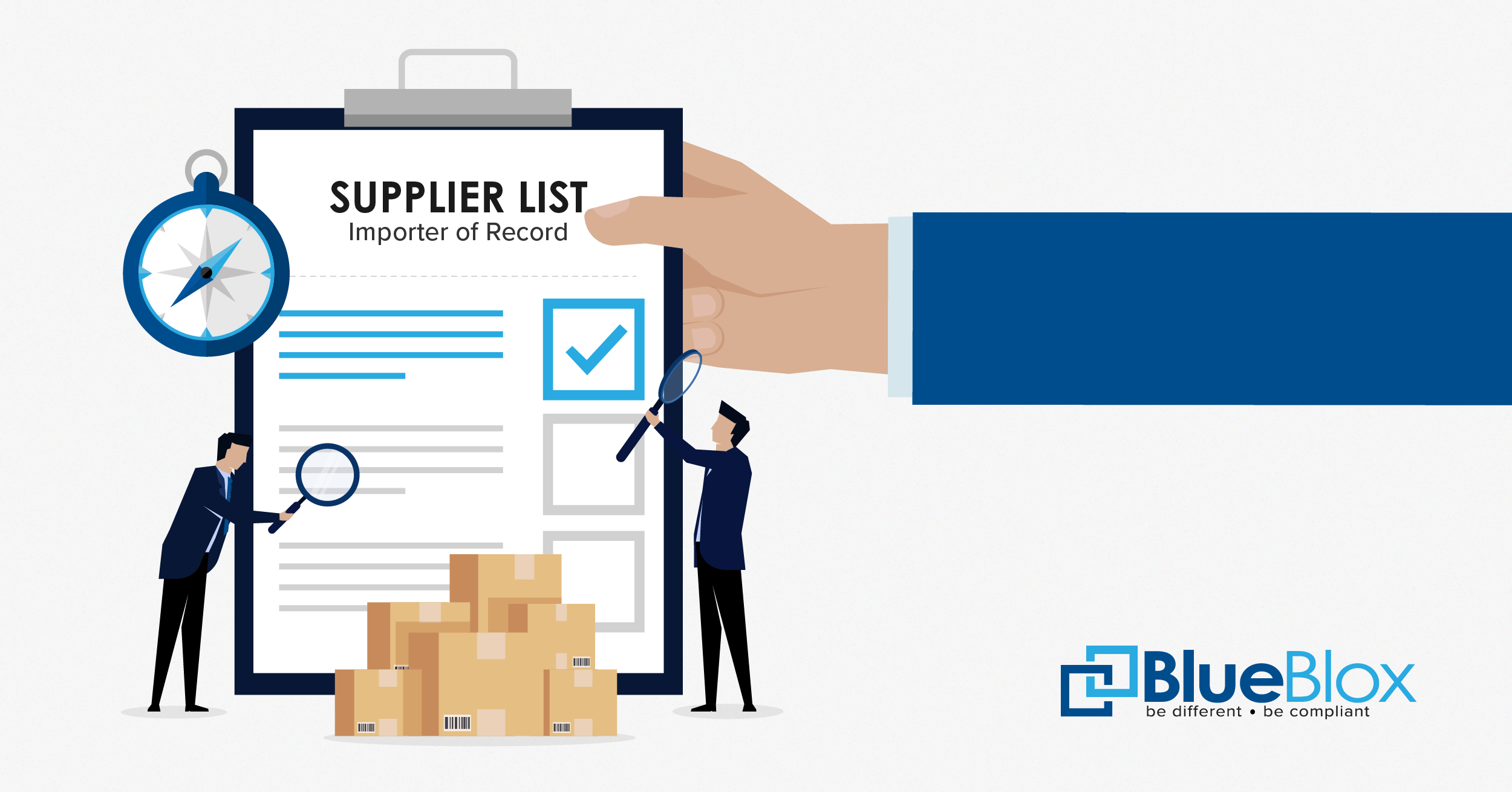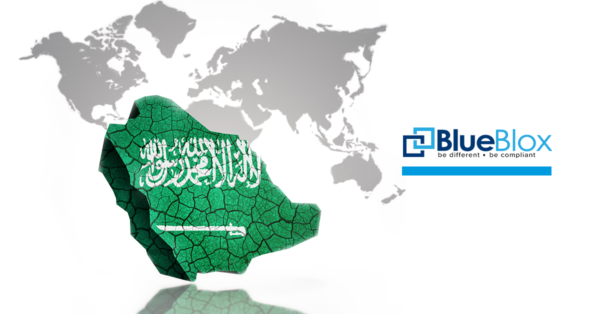
Ghana is constantly improving its trade processes and systems, but these are not yet in line with international trade best practices. And, unfortunately, corruption is still an issue.
This means that, if your shipment is queried at customs, it could take much longer than necessary to get it released, which could bog down your entire supply chain. At BlueBlox, we don’t advise that you try to do things “the African way”.
Here are 5 things you should do, to clear your shipment legally and compliantly.
- Know the local legislation.
Although Ghana is a signatory to the General Agreement on Tariffs and Trade (GATT) and a member of the World Customs Union (WCO) and World Trade Organization (WTO), local legislation does not yet incorporate all articles of GATT. This means you’ll need to follow local procedures when arguing your case.
- Be prepared to educate.
Although Ghana is constantly improving systems – like its Single Window System – in line with the global trade environment, it’s important to know that these are not fully implemented. Systems can’t yet handle everything traders need to do, from valuation to fallback. This means you may need to educate authorities on valuation methods and processes. Fortunately, they are usually open to these types of discussions.
- Understand procedures.
Ghana has well-defined, publicly available procedures for appeals and disputes – and authorities do follow them. If you follow them too, you’ll be on the front foot when defending your case.
- Get your documents in order.
Develop your case and argument so that you can defend your valuation if you have to. It’s crucial that you have all of the required documentation prepared in advance. But, if you’ve followed local processes and procedures, you understand your argument, and you have submitted the right documents, you will be able to have a meaningful discussion with authorities to find a compliant solution.
- Audit your suppliers.
Ghana is not fully prepared for global compliance, which can cause problems for international manufacturing companies. And although suppliers in the market are operationally strong, they often don’t have the knowledge or experience to defend these cases. You must audit your supplier to ensure that it understands valuation, local processes and procedures, and your business model before it represents you in front of customs.
Although the supplier is acting on your behalf, it’s up to you to ensure that it has everything it needs to argue your case.
Need help understanding Ghana’s legislation or finding the right supplier in the market? Contact BlueBlox. We can help.





